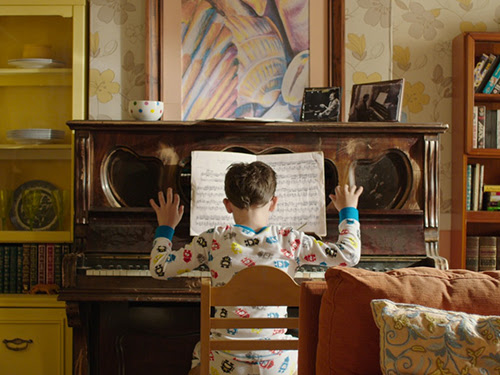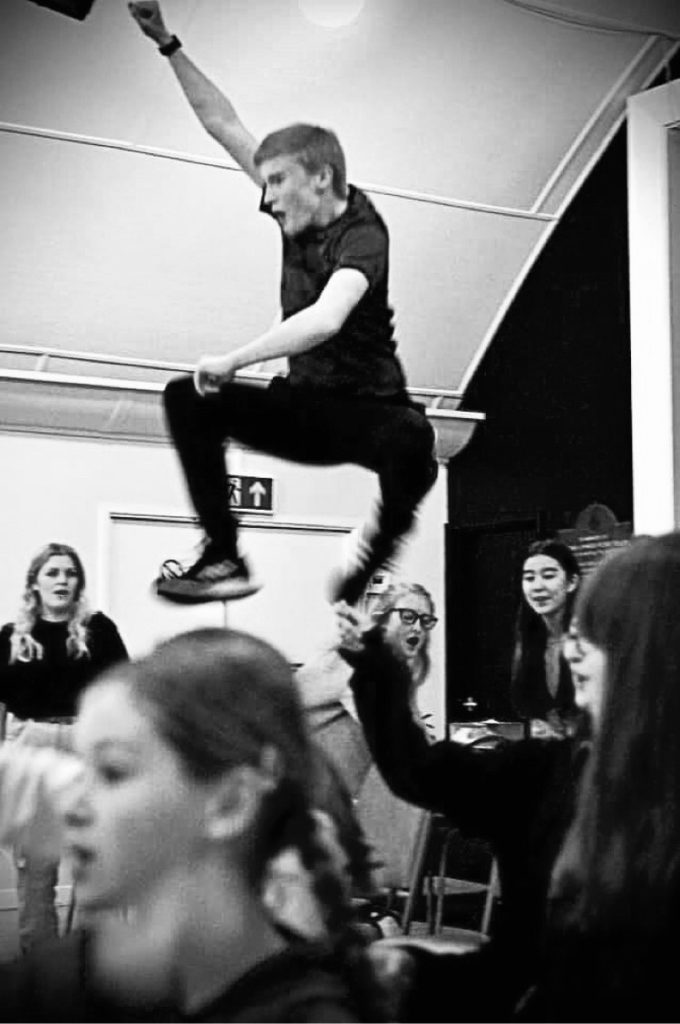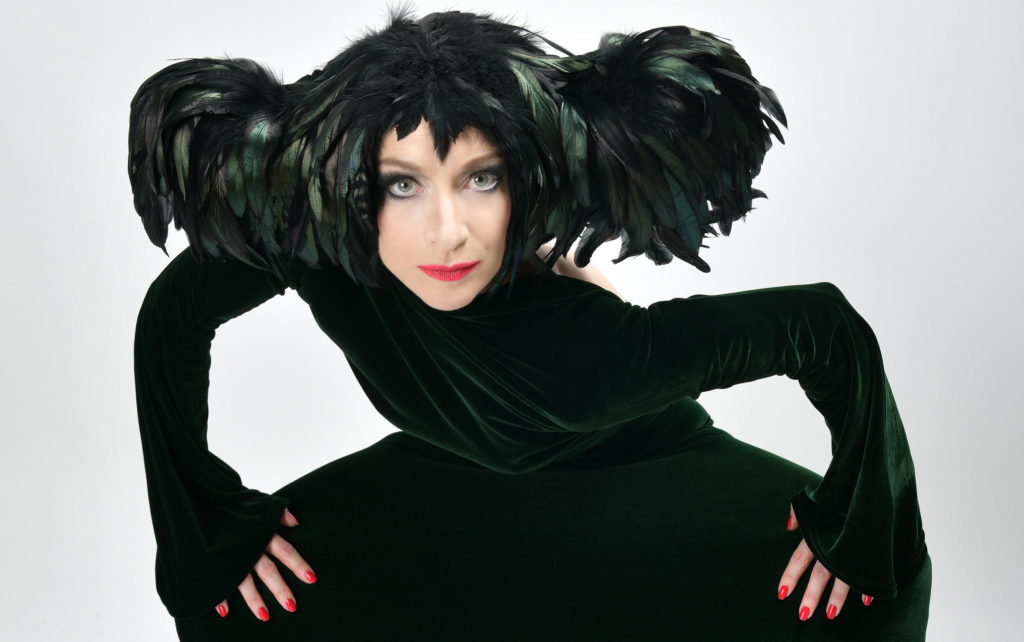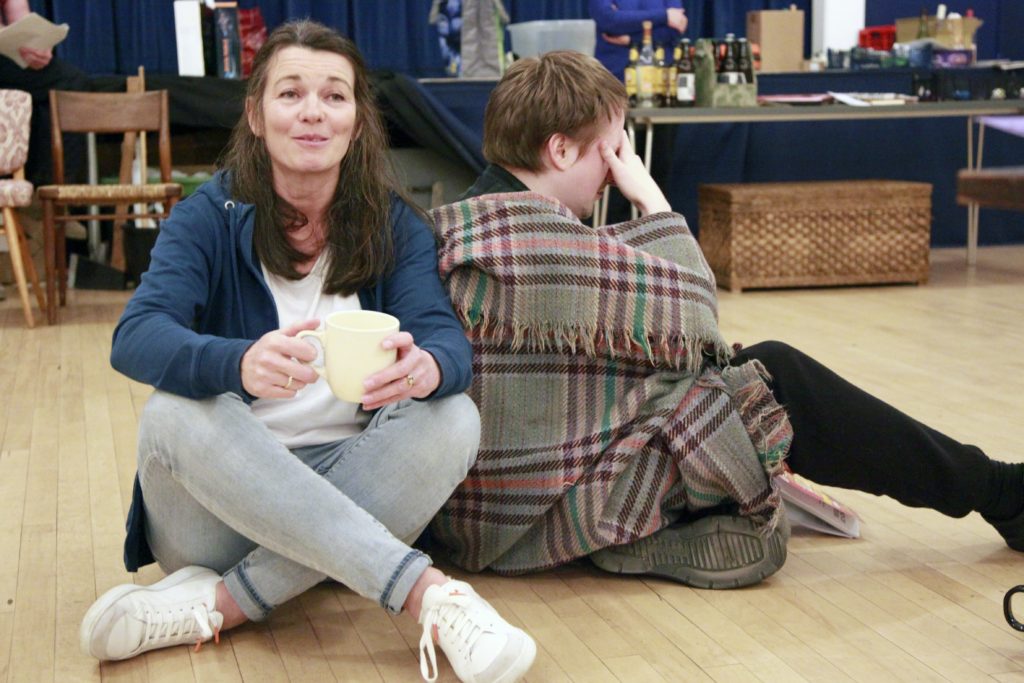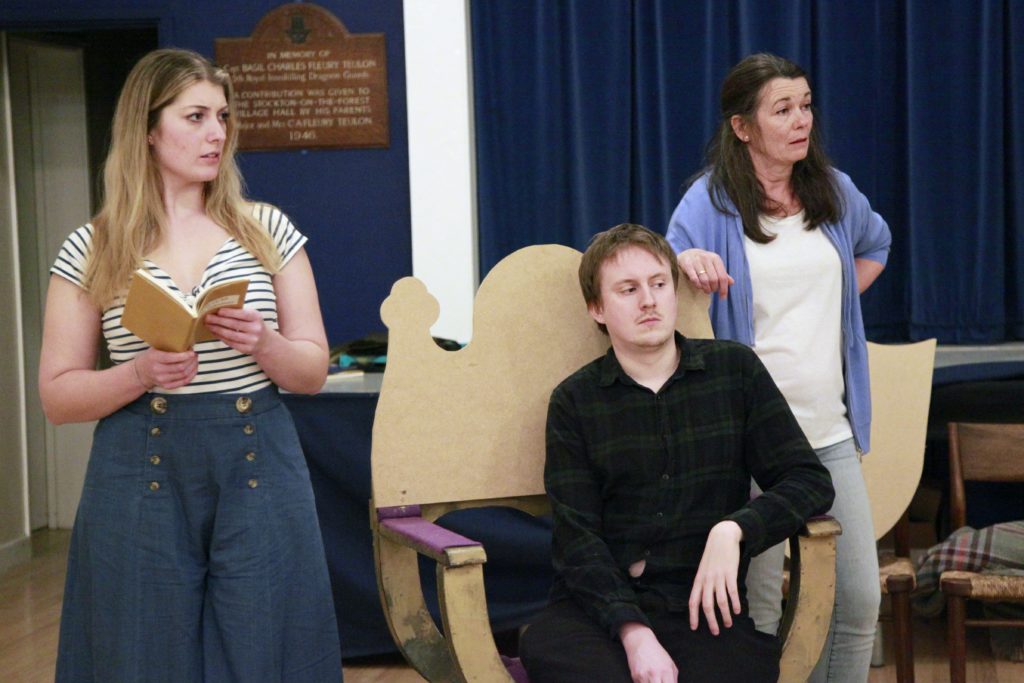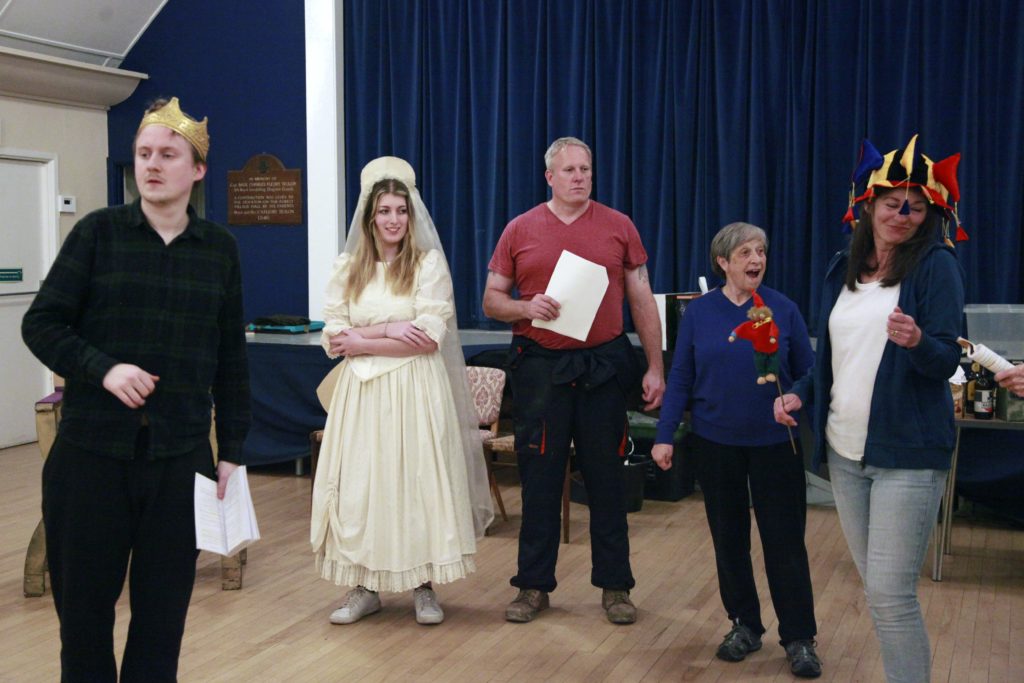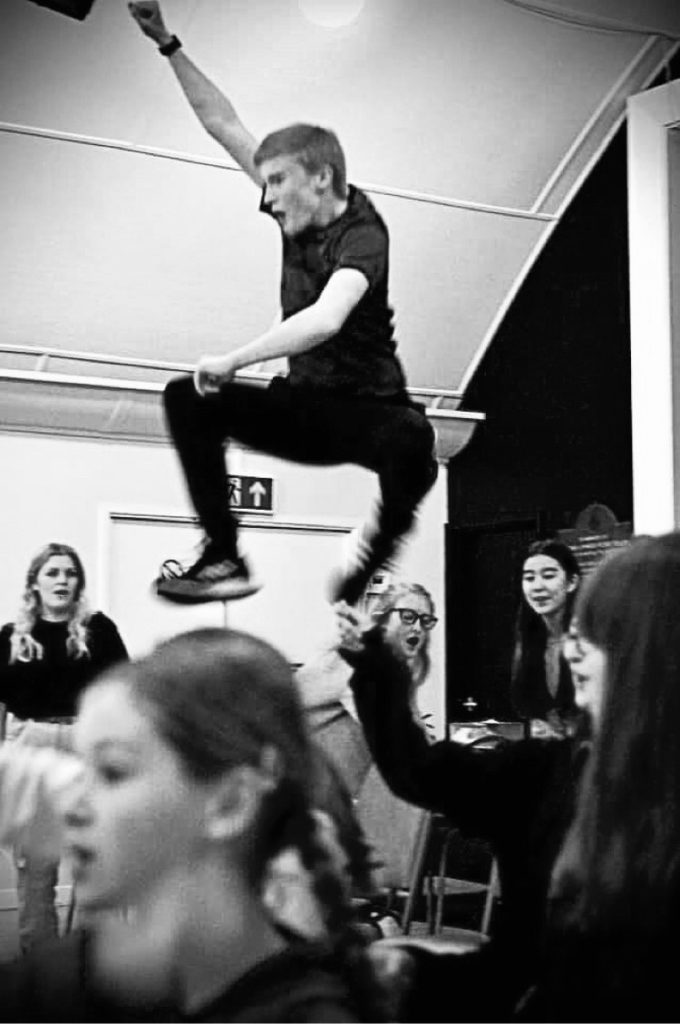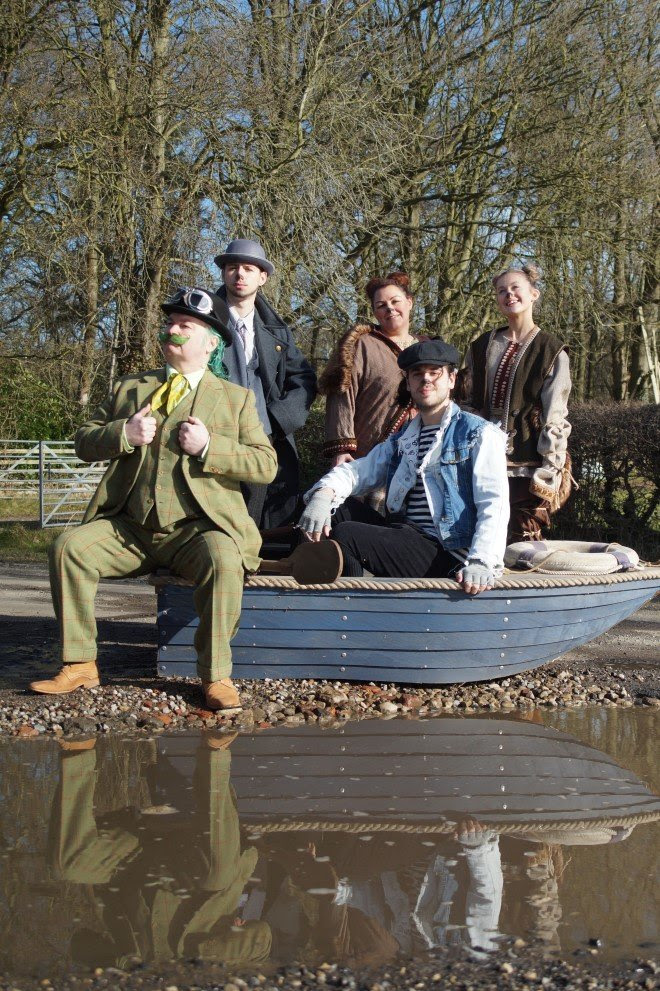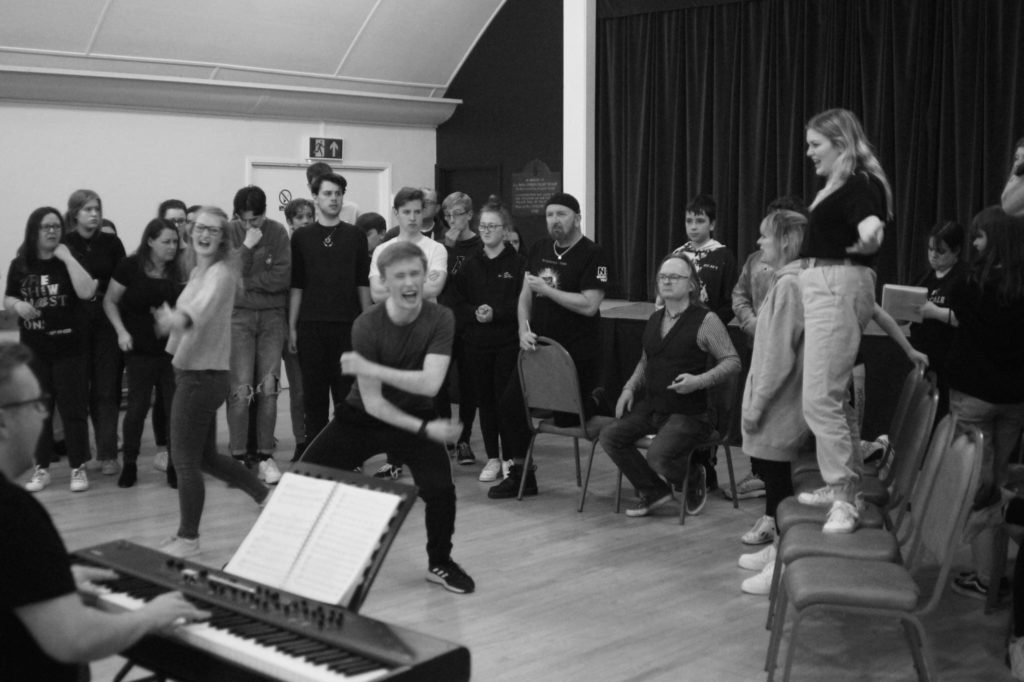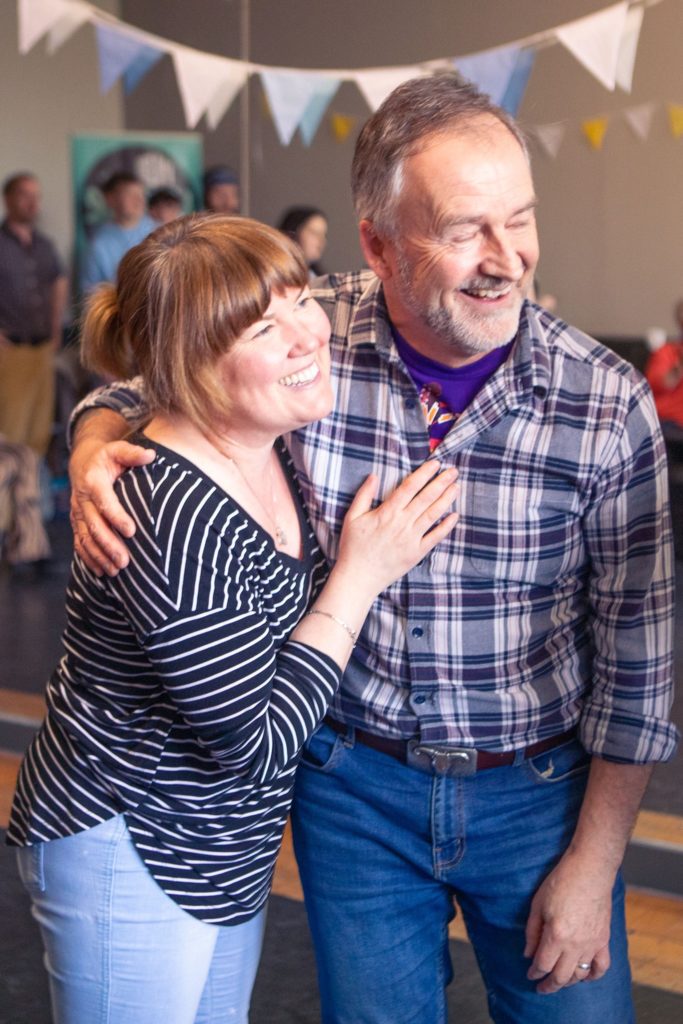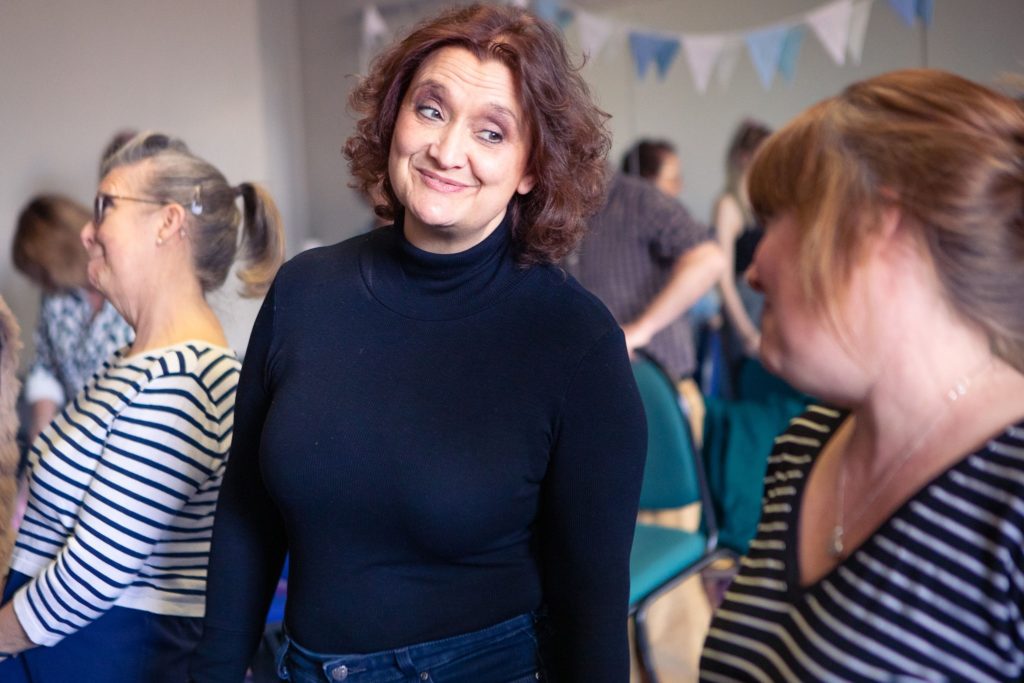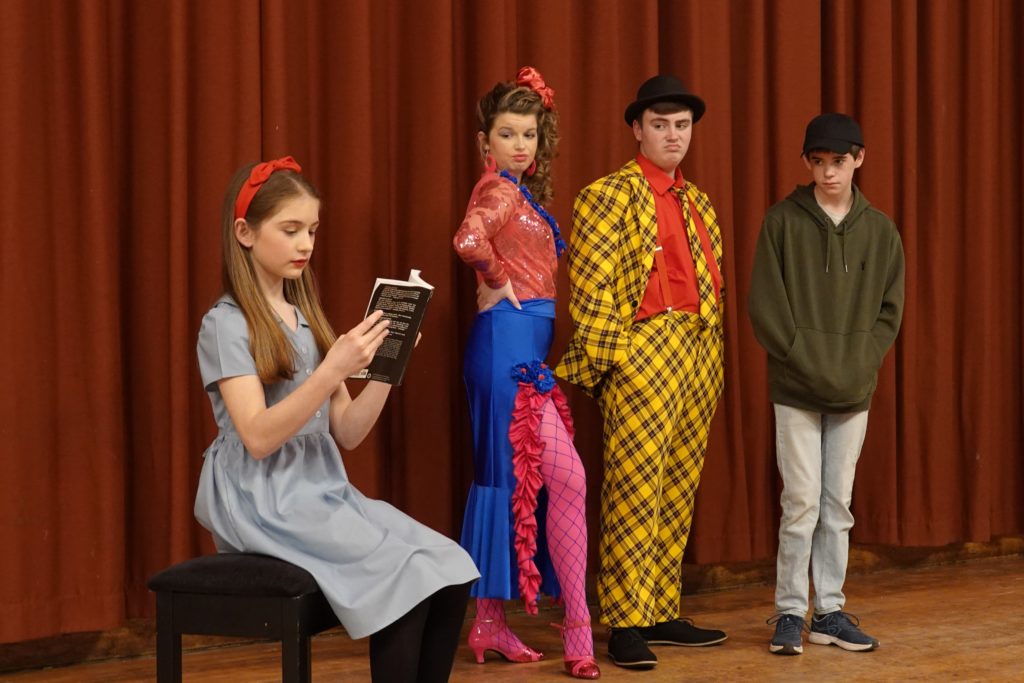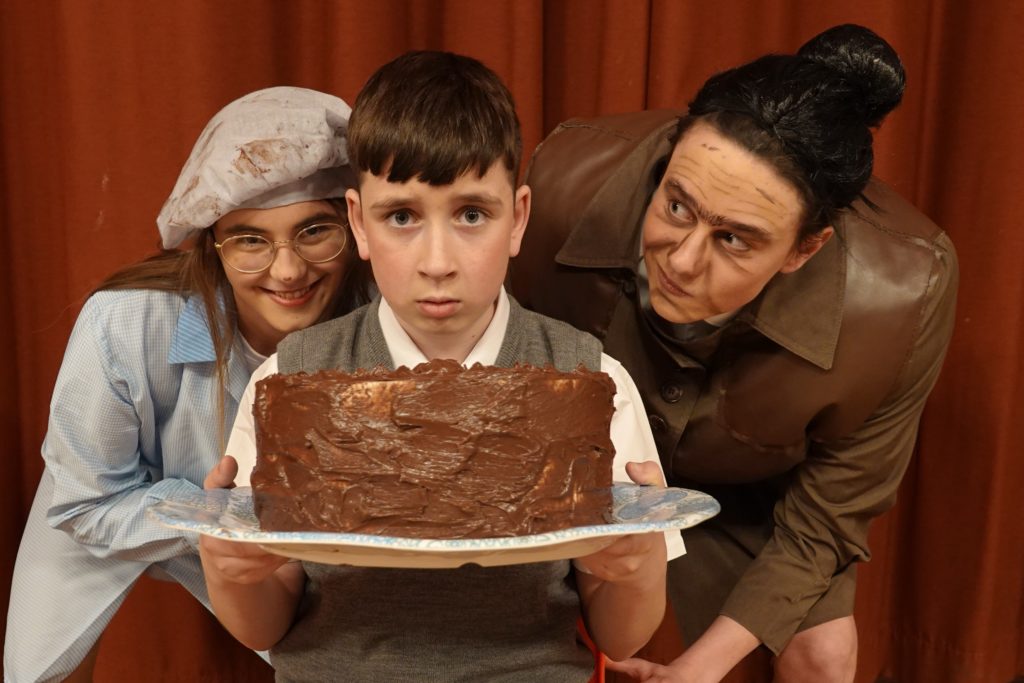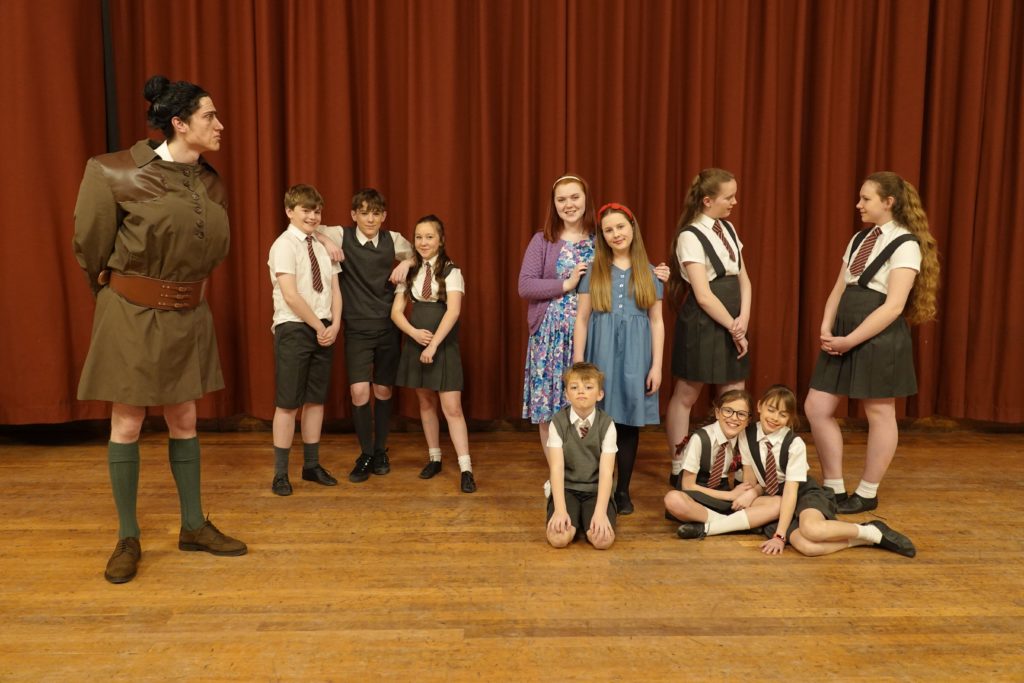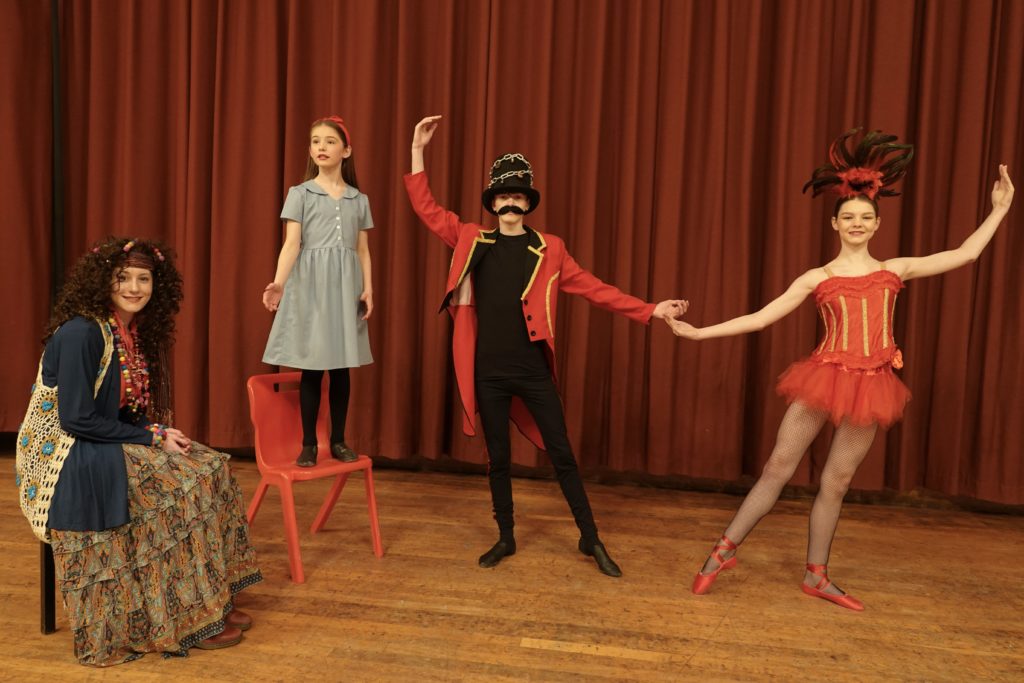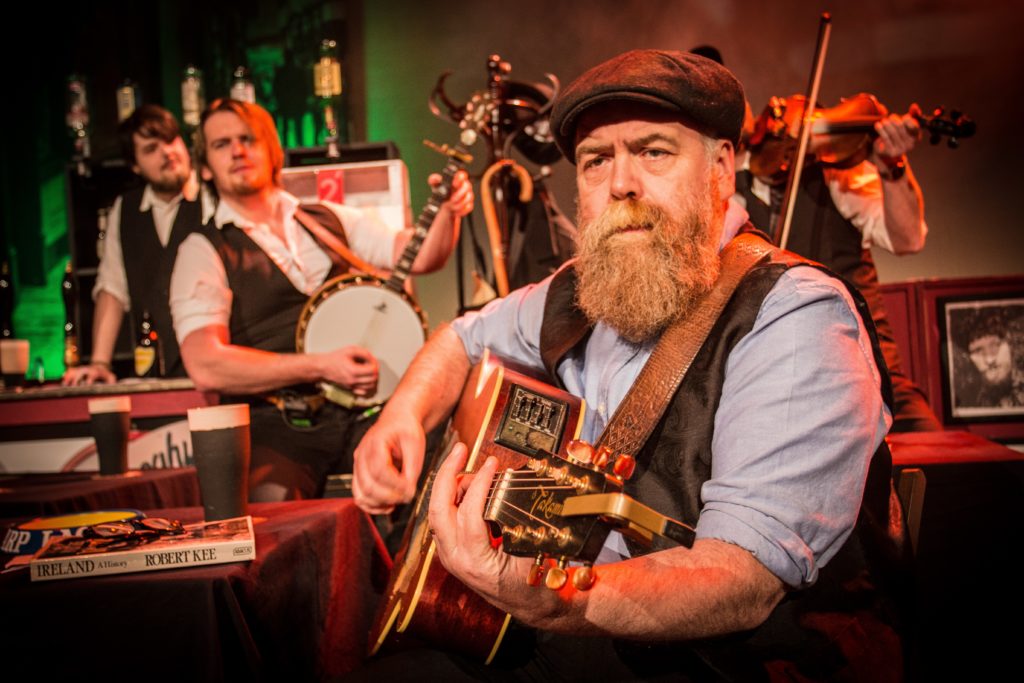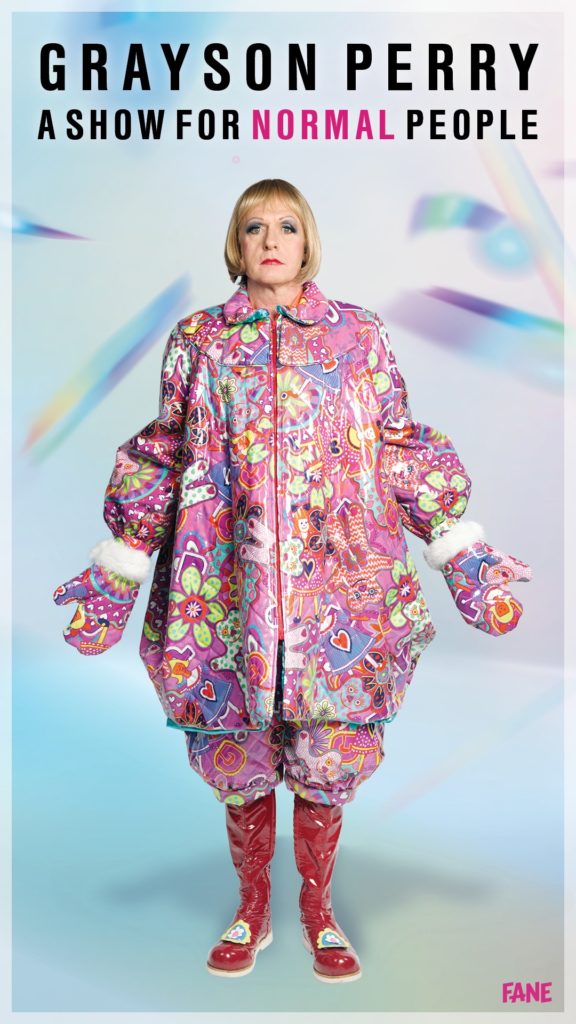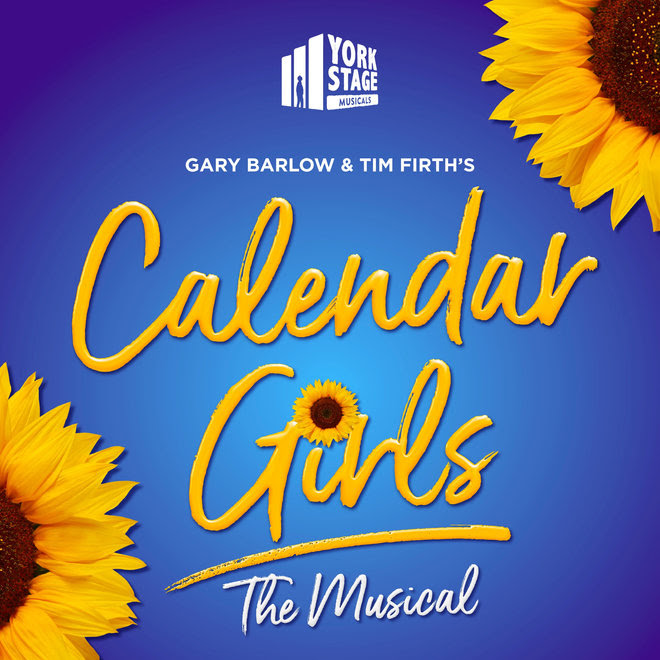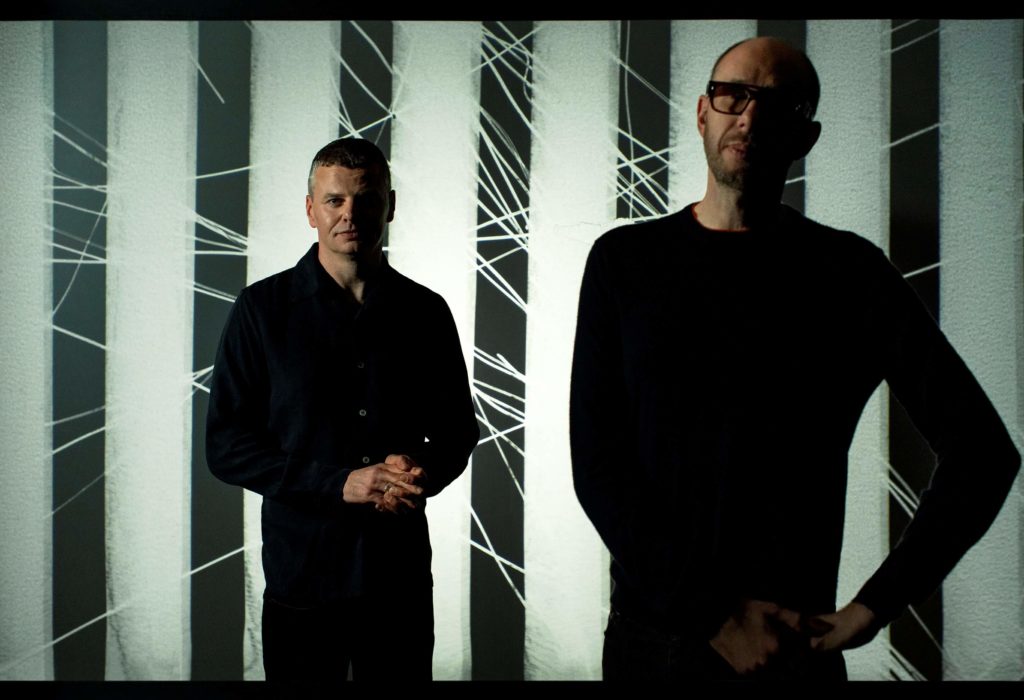
AESTHETICA Film Festival is teaming up with York Theatre Festival for a season of independent film to highlight how the big screen helps us to make sense of the world.
“Film is transformative, powerful and resonating,” says Cherie Federico, director of the BAFTA Qualifying festival held in York very autumn. “It can change the world in a matter of seconds.
“In this season, we bring you films that look at the LGBTQ+ experience and the climate crisis; an interrogation of humans and technology; the best of Black British cinema,
alongside our comedy club screening and a slate of BAFTA and Oscar-winning short films.
“Here is your chance to step away from the ordinary to immerse yourself in the power of narrative through independent film.”
The season opened on Friday (22/4/2022) to mark Earth Day with a series of short films looking at mass consumption and the global community under the theme of Fragile Existence: Witness to the Climate Crisis. “There’s no doubt that the climate crisis is moving towards the tipping point. Filmmakers are key witnesses to these changes.
“The impact of population growth, globalisation, urbanisation, industrialisation and the exhaustion of natural resources has finally taken its toll.”
On April 29, the 80-minute Comedy Club: Join Us For A Laugh programme will be shown. “Comedy offers something for everyone, following unwitting characters through their day-to-day lives as they descend into surreal, unexpected moments,” says Cherie.
“These short films are sure to surprise and connect viewers through universal emotions and shared experiences – the everyday turned absurd. Be surprised by your reactions to our mind-bending, humorous selection.”
At 2.15pm on April 30, the spotlight falls Animation: Imagination & Discovery. “This
60-minute collection of films introduces children to the wonderful world of animation. The range of styles depicts all the fantastic possibilities for this enthralling genre,” says Cherie.
“Stories are highly emotive and cover a range of topics that are relevant in a child’s emotional education. Beyond that, some of the films are simply good fun.”
On May 7, the subject matter will be To Be Human: Global Stories. “The human condition comprises all of the characteristics and key events that define the essence of human existence, from birth and growth to desire and aspiration, conflict to mortality,” says Cherie.
“This 105-minute selection of screenings examines what it means to live on such an extraordinary planet, offering global perspectives into who we are and how we live, alone and together.
Technology, Humans and Machines will be theme of May 27’s 95-minute film selection. “Our relationship with – and dependency on – technology grows every day,” says Cherie.
“It connects us, teaches us and assists with our day-to-day lives. We have immense power at our fingertips. In the age of the selfie, immersive technologies and AI, these films from visionary ASFF alumni consider humanity’s reliance on innovation.”
June 17’s programme, shown in partnership with Iris Prize, will be LGBTQ+ Shorts: Defining Gay Cinema. “The four films are easy to label as ‘brutal,” says Cherie of this 90-minute screening . “They are, at times, difficult, but they unfold into a truly rewarding cinematic experience.
“The stories deal with the broader themes of mental health and the search for love. Specifically, these projects ask questions about love, and where it can be found.”
We Are Parable brings Black British cinema and will do so at York Theatre Royal on June 24 in the 75-minute Raised Voices: Black British Cinema.
Their nationwide season Who We Are is a celebration of Black cinema from around the world, dedicated to ensuring the work of past, present and emerging Black storytellers is amplified and given every possible platform available.
The season will conclude on July 8 with the 105-minute showcase of BAFTA & Oscar Recognised Short Films. “Every year, Aesthetica Film Festival screens some of the most engaging films by rising stars from the film industry,” says Cherie.
“Many of these people will go onto become household names in future years. We are delighted to present a selection of films from the festival that have either been nominated or won a BAFTA or an Oscar.”
All screenings will start at 7.15pm unless stated otherwise. Tickets can be booked on 01904 623568 or at yorktheatreroyal.co.uk.
